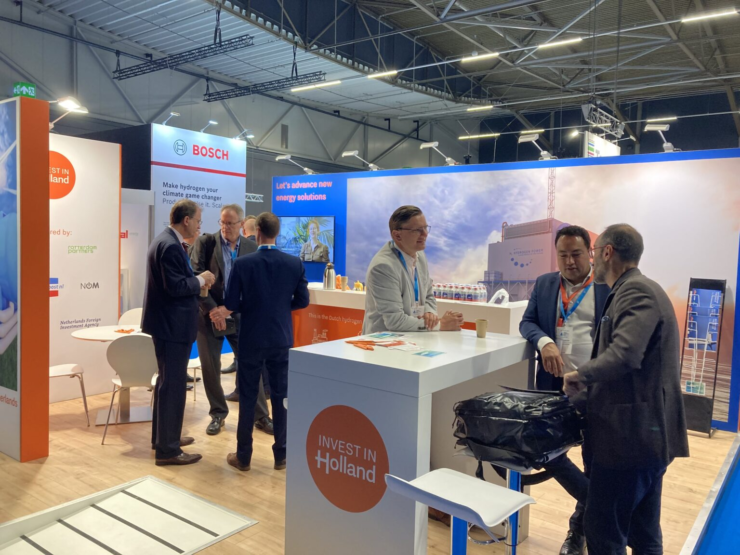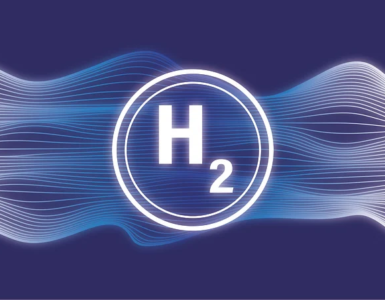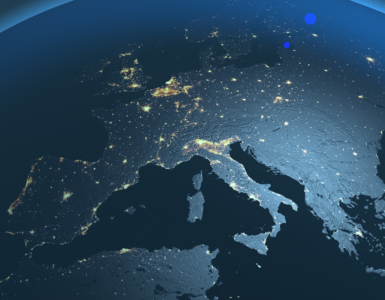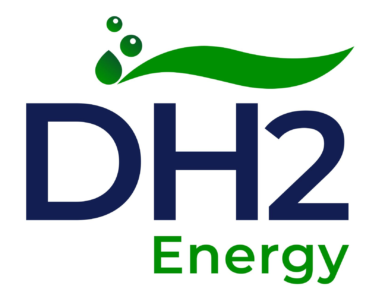How the Netherlands is accelerating green hydrogen through international collaboration.
The Dutch energy ecosystem welcomes innovators to test and market new technology
In its goal to transition to a net-zero energy system, the Netherlands sees great potential – including business opportunities – in green hydrogen.
The country is well positioned to develop and commercialize this clean energy source. The Netherlands is keen to work with international companies to develop innovative hydrogen solutions that make impact and are marketable worldwide.
The leading role of the Netherlands was underlined by the country hosting World Hydrogen Summit in Rotterdam, the world’s most important conference and exhibition on hydrogen. More than 11,500 delegates from around the world came to the Netherlands to see the latest innovations.
🔥 What about we co-host a webinar? Let's educate, captivate, and convert the hydrogen economy!
Hydrogen Central is the global go-to online magazine for the hydrogen economy, we can help you host impactful webinars that become a global reference on your topic and are an evergreen source of leads. Click here to request more details
Hydrogen, a critical component in a net-zero future
Elmar Bouma, Sector Specialist Energy at Netherlands Foreign Investment Agency, said:
As we develop our net-zero energy system, we are determined to make it at least as dependable, safe, secure and affordable as the one on which we built our thriving economy over the past half century.
The Netherlands is therefore investing heavily in sustainable solutions to supplement and buffer the fluctuating supply of renewable energy resources such as solar and wind. “We expect that 50 percent of our future net-zero energy mix will consist of carbon neutral gases such as green hydrogen,” Elmar explains.
“That’s why it’s imperative that we develop efficient and affordable solutions for producing those carbon neutral gases.”
Among other applications, hydrogen allows a steady phasing out of natural gas by supplementing it in a growing amount into the 136,000km of natural gas pipeline. This infrastructure extends from the many offshore platforms and wells in the northern part of the Netherlands, to households and industrial sites across the country and its neighbors.
As the home to Europe’s largest natural gas reserves, the Netherlands has long relied upon this energy source, which made up about 50% of energy consumption in 2022. This is set to change as green hydrogen increasingly becomes part of the energy mix in the Netherlands.
The Netherlands is already a large producer of grey hydrogen – over 9 million m3 of grey hydrogen is used as feedstock in the Dutch chemicals industry. As grey hydrogen emits some 12.5 million tons in CO2 annually, replacing it with green hydrogen is a huge opportunity to cut CO2 emissions in the Dutch chemicals industry.
Major areas of investment in hydrogen in the Netherlands
Where is the Netherlands making its main investments in hydrogen and where are opportunities for international companies?
- The Netherlands is investing in a network of pilots for offshore hydrogen production. A major part of Dutch renewable energy will be produced offshore in the North Sea, at increasing distances from the coast. By 2050, 70GW of wind power production is planned in the Dutch North Sea. For wind farms that are over 100km off shore, hydrogen is a more efficient means to transport that energy. Other advantages of offshore hydrogen production are the availability of water and emptied gas fields that can be utilized for hydrogen storage.
- Electrolyzer innovation is required to optimize efficiency in green hydrogen production. Scaling electrolyzer production provides investment opportunities.
- Logistics solutions for import, storage, distribution and trade are necessary to create an efficient system that brings together supply and demand.
- Integrating hydrogen into the existing energy system is a complex exercise, requiring technology innovations as well as new regulatory, safety and certification agreements.
- For long-distance and heavy load transport hydrogen is a viable contender, as batteries are not always a feasible solution for energy storage. Several pilots are underway in the Netherlands, e.g. in inland shipping and aircraft.
Accelerating innovation and time-to-market through collaboration
Green hydrogen technology is for a large part still in its infancy and requires vast investments across the supply chain before going to market.
“Hydrogen technology comes with the paradox that suppliers won’t invest without assurance of market demand, and the market needs assurance of dependable supply before investing,” explains Elmar. But who else could deal with these complexities as effectively as the Dutch?
“Rather than endlessly debating and researching theoretical principles, we’re putting the technology to the test in real life, confident that by collaborating, we can solve potential problems as they arise,” says Elmar.
Here is how the Netherlands does it. First of all, a network of subsidized, small and medium-scale innovation facilities have been set up where technological innovations related to different parts of the hydrogen supply chain are developed and commercialized.
Across that network, triple helix consortia, involving relevant parties such as high-tech manufacturers, logistics partners, pipe operators, smart grid, offshore technology and cybersecurity providers, public regulators, institutes for academic and applied research and certification agencies work together.
This approach helps to simultaneously tackle various challenges in isolation. But at the same time, giving broad insight into challenges such as regulatory frameworks, safety issues and quality certifications. “But more importantly”, says Elmar, “there is confidence that investments will generate positive return on investment, as supply and demand are developed in tandem while they are also accompanied with appropriate regulations and certifications.”
The hydrogen innovation infrastructure provides attractive opportunities for new entrants to the Dutch Hydrogen community to test, potentially pivot and commercialize their solutions in interaction with other parties in the supply chain.
“Joining this ecosystem is as close to a guaranteed market fit as you can get, and the time to market can’t be faster than here,” Elmar proudly states.
The highly esteemed Dutch regulatory system which, by taking into account a mixture of aspects such as limited space, high population density, biodiversity constraints and high health, safety and security standards, is designed to bring forth only the highest quality future-proof solutions. Therefore, innovations developed here are fit to truly accelerate the energy transition on a global scale and benefit people and the planet.”
From government investment to world-class research facilities and expertise, the Netherlands is fueling a green hydrogen future. Want to learn how your company can join our innovation ecosystem? Get in touch with your local NFIA team.
READ the latest news shaping the hydrogen market at Hydrogen Central
How the Netherlands is Accelerating Green Hydrogen Through International Collaboration, May 31, 2023








